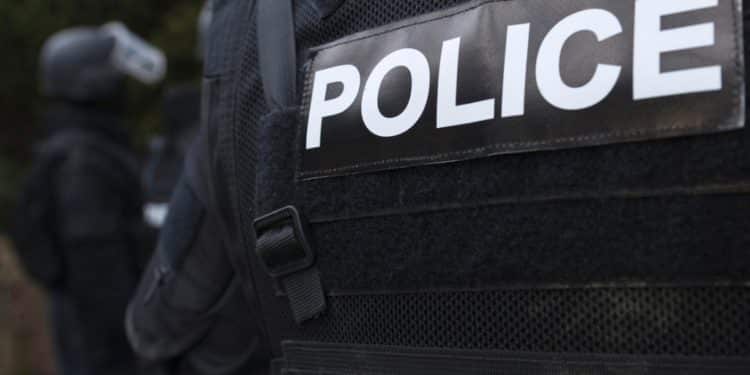A former sergeant in the Los Angeles Metropolitan Division SWAT team filed a whistleblower lawsuit against the Los Angeles Police Department (LAPD), alleging that many of the ranking officers in his SWAT unit are members of a violent gang organization. The “SWAT Mafia,” as they allegedly call themselves, are a group of veteran officers in the unit who “glamorize the use of lethal force and direct the promotions of officers who share the same values while maligning the reputations of officers who do not,” according to the lawsuit. Whistleblower Sgt. Tim Colomey was a SWAT supervisor in the LAPD’s Metropolitan Division until being reassigned in November. He claims his reassignment is retaliation for speaking out and voicing his concerns about the tactics the SWAT training school was teaching new officers. Colomey alleges that high-ranking members of the division influence promotions and choose new officers based on who they think will join their group or submit to their command. Colomey also claims that officers who try to de-escalate potentially dangerous situations or resist using deadly force are labeled as cowards and can expect never to receive promotions again.
After a recent LA Times investigation found that the Division was disproportionately stopping Black drivers, the Metropolitan Division was ordered to slow down their crime suppression operations. However, it is the Division’s alleged use of excessive force that has brought them the most negative attention.
Colomey’s claims of the existence of a SWAT Mafia come at a time of mounting distrust in police forces across the country. In LA alone, there have been other disturbing reports of gangs within police forces powerful enough to override the directives and policies of the department while promoting violence, excessive force, and in some cases, racist policing. Many police whistleblowers face retaliation ranging from ostracization and alienation to threats on their life and safety. The Crime Report’s June article highlights several law enforcement whistleblowers and their struggles to come forward while working in a “culture of silence.” Colomey and other career police whistleblowers are rendering the greatest service they can to their occupation by calling for reform from the inside with little regard for how it will damage their careers or private lives.




